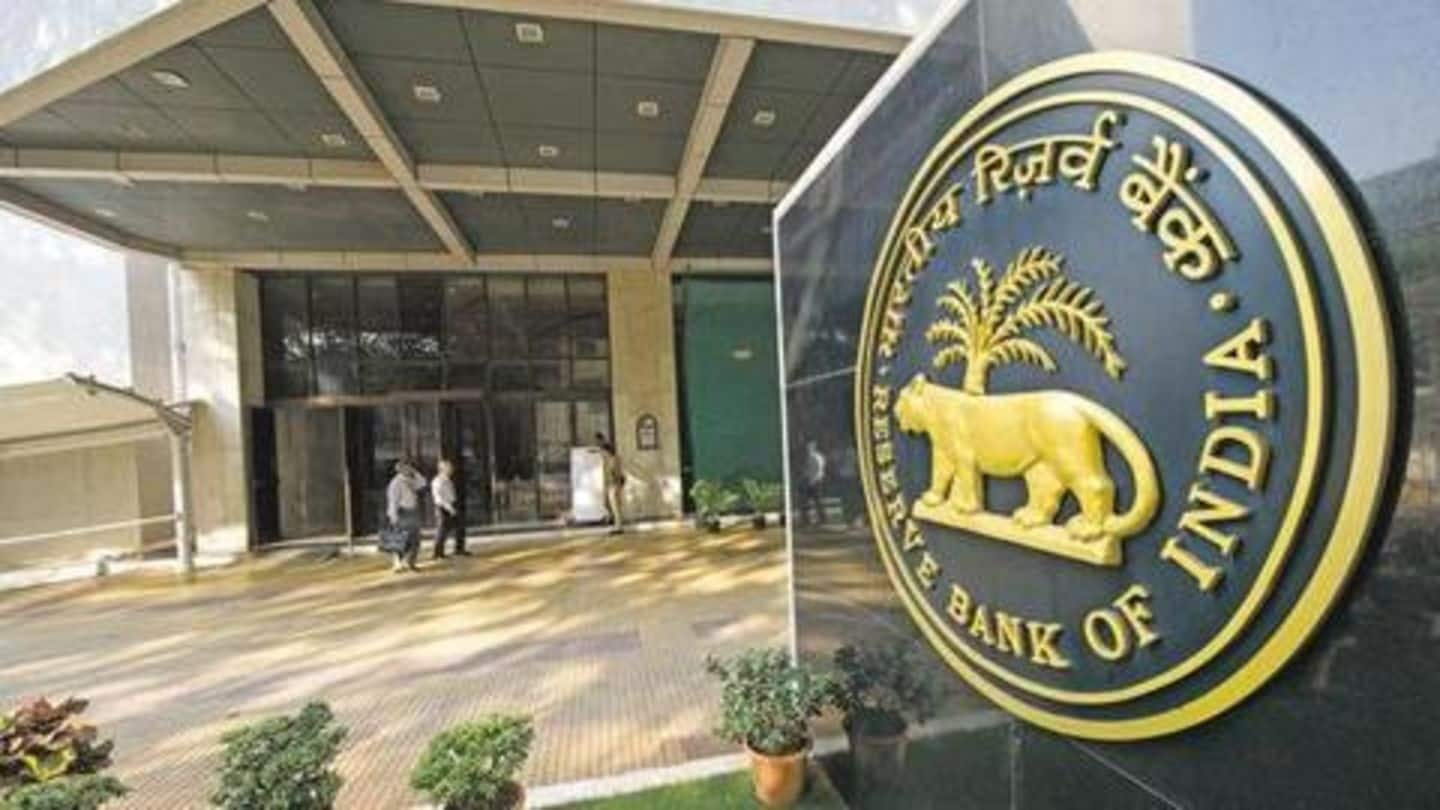
RBI cuts repo rate by 25bps; loans/EMIs to get cheaper
What's the story
Taking a major policy U-turn, the RBI's six-member Monetary Policy Committee (MPC) headed by newly-appointed Governor Shaktikanta Das lowered the repo rate by 25 basis points to 6.25%.
The new repo rate was approved in a 4-2 vote, and marks the first reduction in repo rate by the RBI in 17 months.
Loans and EMIs are likely to get cheaper.
Here's more.
Rates
How the repo rate cut is going to affect you
Typically, when the RBI lowers the repo rate, commercial banks pass the benefit on to customers.
If that is indeed the case this time, then auto, home, and other loans and EMIs are likely to get cheaper.
Further, the RBI has also lowered the reverse repo rate to 6%, and marginal standing facility (MSF) rate and the bank rate currently stand at 6.5%.
Definition
What is repo rate and reverse repo rate?
For those unaware, the repo rate is the interest rate at which the RBI lends short-term funds to commercial banks. The reverse repo rate, as the name suggests, is the interest rate at which the RBI borrows short-term funds from commercial banks.
Details
The RBI monetary policy was also changed to 'neutral'
The MPC meeting also marked the first monetary policy review by Shaktikanta Das, who had taken charge as RBI Governor in December 2018, following Urjit Patel's resignation.
In the meeting, the RBI's monetary policy was also changed from the earlier 'calibrated tightening' to 'neutral'.
The move comes against the expectations of economists, who had predicted a policy shift first and a rate cut later.
Why?
Why the RBI opted to change its stance
While announcing its decision to cut repo rate and change its monetary policy, the RBI cited a global slowdown in economic activity, and in some major emerging market economies.
Further, the fact that global financial markets began 2019 on a calmer note after a turbulent December seems to have played a part in the RBI's bold decision to cut repo rate.
Projections
Projections made by the RBI
Turning to projections, the RBI also predicted GDP growth for 2019-20 to be 7.4% - in the range of 7.2%-7.4% in H1 and 7.5% in Q3.
As far as inflation is concerned, the RBI said that inflation is projected at 2.4% in the January-March period, and 3.2%-3.4% in the April-September period.